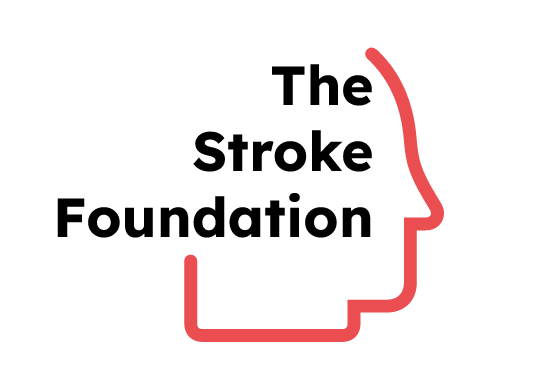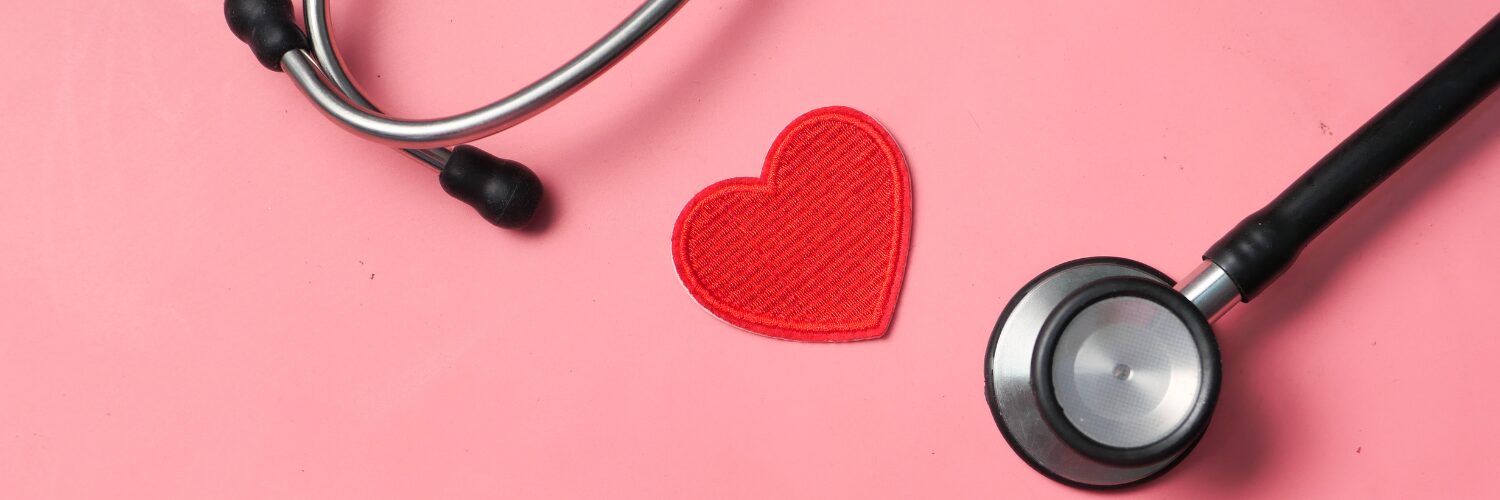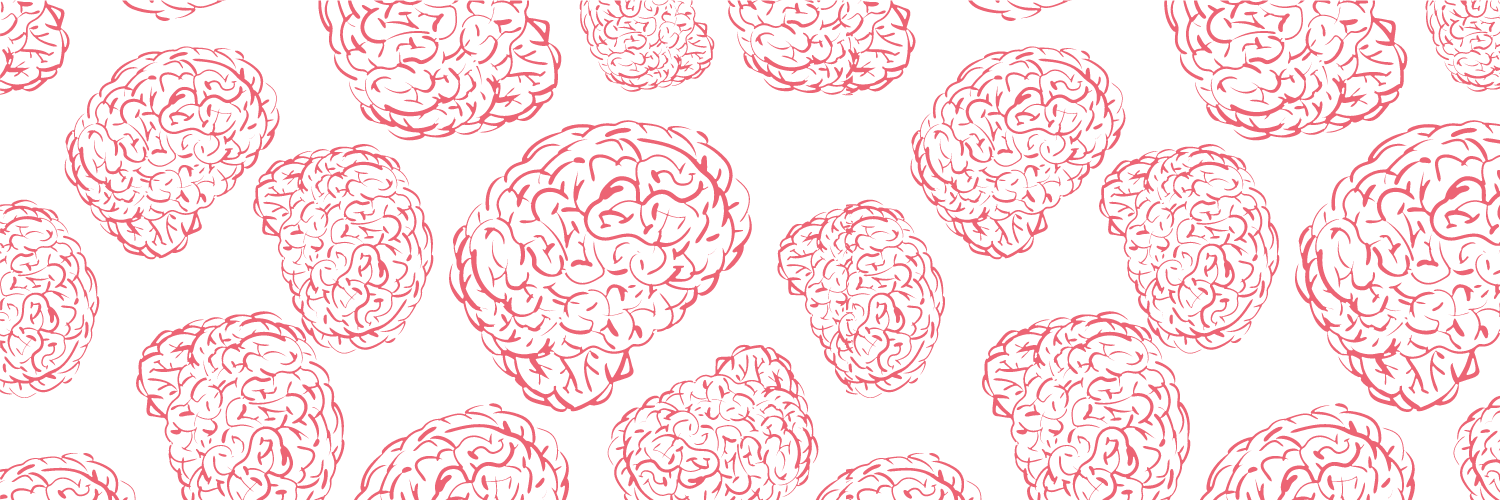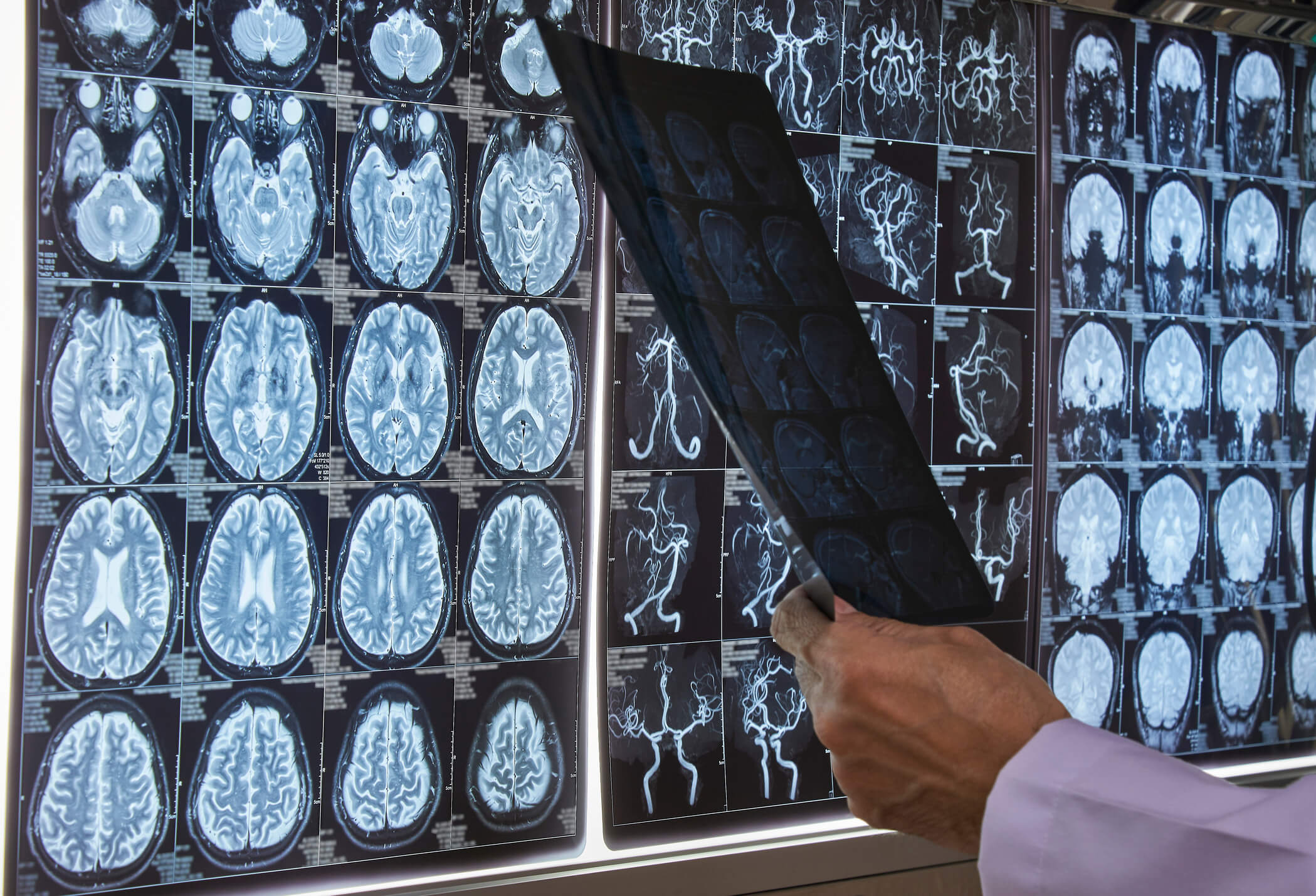Heart disease and stroke are two of the leading causes of death and disability worldwide. While they may seem like separate conditions, they are deeply interconnected. Understanding this relationship can help individuals take proactive steps to reduce their risk and protect their overall cardiovascular health.
How Are Heart Disease and Stroke Connected?
Both heart disease and stroke are caused by problems within the circulatory system. The primary link between the two is atherosclerosis, a condition in which fatty deposits (plaque) build up inside the arteries. This narrowing and hardening of the arteries can lead to serious complications, including heart attacks and strokes.
High blood pressure (hypertension), another key risk factor, damages blood vessels over time, making them more susceptible to blockages that can cause strokes or heart attacks. Similarly, atrial fibrillation (AF), an irregular heart rhythm, increases the risk of blood clots forming in the heart, which can then travel to the brain and cause a stroke.
Shared Risk Factors
Many of the risk factors for heart disease and stroke overlap, including:
- High blood pressure – Increases stress on arteries and raises the risk of both conditions.
- High cholesterol – Contributes to plaque buildup, which can restrict blood flow.
- Diabetes – Elevates the risk by damaging blood vessels and increasing inflammation.
- Smoking – Weakens blood vessels, increases clotting, and promotes atherosclerosis.
- Obesity – Contributes to high blood pressure, diabetes, and high cholesterol.
- Physical inactivity – Raises the likelihood of developing risk factors such as obesity and hypertension.
- Poor diet – Diets high in saturated fats, processed foods, and excess sodium contribute to cardiovascular disease.
- Excessive alcohol consumption – Can lead to high blood pressure and irregular heart rhythms.
Preventive Measures
The good news is that many of the factors linking heart disease and stroke are preventable. Taking the following steps can significantly reduce the risk of both conditions:
- Manage blood pressure – Regularly monitor and control blood pressure through lifestyle changes and medication if necessary and recommended by your doctor.
- Adopt a heart-healthy diet – Focus on fruits, vegetables, whole grains, and lean proteins while limiting saturated fats and processed foods.
- Stay active – Engage in at least 150 minutes of moderate exercise per week.
- Quit smoking – Seek support to stop smoking and reduce exposure to secondhand smoke.
- Maintain a healthy weight – Achieve and sustain a healthy body weight to lower cardiovascular strain.
- Control diabetes – Keep blood sugar levels in check with proper diet, exercise, and medication.
- Limit alcohol intake – Consume alcohol in moderation or avoid it altogether
Recognizing the Warning Signs
Understanding the warning signs of both a heart attack and stroke can save lives.
- Heart attack symptoms: Chest pain or discomfort, shortness of breath, nausea, dizziness, cold sweats, or pain radiating to the arms or jaw.
- Stroke symptoms (BE FAST acronym):
- Balance
- Eyes
- Face drooping
- Arm weakness
- Speech difficulty
- Time to call emergency services
Heart disease and stroke share common causes, risk factors, and prevention strategies. By making healthier lifestyle choices and staying vigilant about cardiovascular health, individuals can significantly reduce their risk of these life-threatening conditions. We encourage everyone to take proactive steps toward heart and brain health—because a healthy heart leads to a healthy brain and a better quality of life.


%20(2)%20(1).png)



